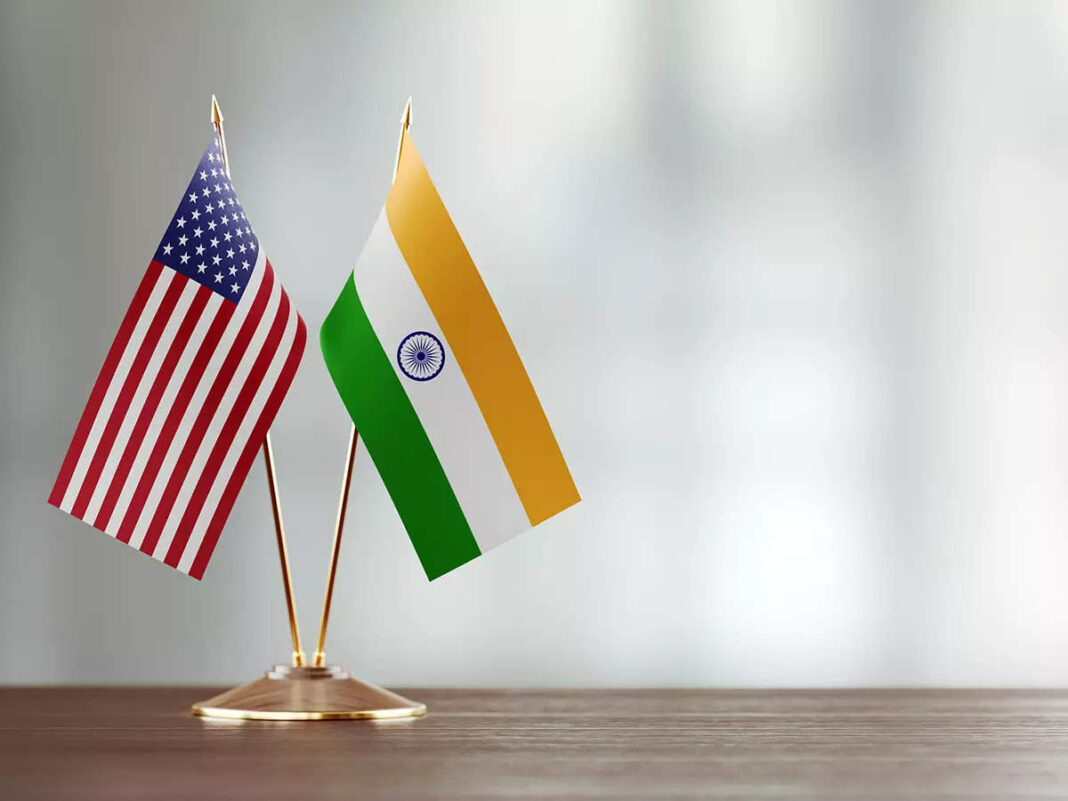U.S. Defence Attaché says his country is the best partner when it comes to sharing high-end technology and next-generation equipment
“We want to be the partner of choice for India,” said a senior U.S. defence official on Wednesday while stating that they are the best partner when it comes to sharing high-end technology and next-generation equipment in the backdrop of India diversifying its military arsenal from heavy dependence on Russia. To a question on the situation on the Line of Actual Control (LAC) and ongoing conversation between the two countries, he said they work closely to exchange views and both can’t take the eye off the ball as far as regional security issues are concerned.
“India has the ability to choose its partners. It has made a conscious decision to diversify over the last decade. It has made a conscious decision to continue to diversify going forward. And it has made a conscious decision to partner with the U.S. on a host of areas. My focus is on how to take that forward,” said Rear Admiral (RADM) Micheal L. Baker, the U.S. Defence Attaché in India in a conversation with a small group of journalists. There are some pretty challenges across sharing high-end technology and next-generation equipment and we are the best partner in that, he stated.
To a question on the recent Submarine Launched Ballistic Missile (SLBM) test by INS Arihant, India’s nuclear-powered ballistic missile submarine, the Rear Admiral said, “A country is able to go through and test its lawful and sovereign capabilities in a responsible way. From what I can tell, India has done that in a responsible way.”
On the continuing standoff in Eastern Ladakh and the situation along the LAC, he said it is certainly an important area for them and they remain watchful. “We work closely with India to exchange our views on this area to make sure that we have a clear understanding of what we think may be happening. I think it is a space both for India and the U.S. to remain watchful. We can’t take the eye off the ball of regional security issues.”
There has been talk of India and the U.S. doing joint patrols in the past which was turned down by Defence Ministry at that point. India has since carried out joint patrols with France. Asked if the time has come for joint patrols between India and the U.S., RADM Baker said to one degree they are conducting joint patrols referring to the broad naval cooperation.
India has ships inside the Combined Maritime Forces (CMF). Alongside the U.S., we operate in the same operational space in the North Arabian Sea, in the Arabian Gulf, he noted. “As India makes its deployments into the Pacific, it is almost continually operating with the U.S. forces. Whether we make some sort of formal deceleration is kind of a secondary question. Navies of the world are out there on the sea together. We can’t help but be in the space together… We operate together pretty routinely,” he stated.
On the efforts for co-development and co-production of military hardware by the two countries under the Defence Technology Trade Initiative (DTTI) which hasn’t made progress, he said they had good meetings this year on the next steps of DTTI and making sure they are really thinking through on the capabilities they are trying to develop together. “It is a focus area of our dialogue right now,” RADM Baker stressed.
On the Malabar naval exercise involving India, Australia, Japan and the U.S. which is set to begin this weekend he said it was interesting to watch Malabar grow over the last decade from a bilateral between India and the U.S. to a multilateral exercise. “We are proud of how successful Malabar has been as a multilateral,” he said.
On the evolving cooperation in the Indo-Pacific, he said that kind of cooperation speaks really well for a free and open Indo-Pacific. The idea that our like-minded democracies, our Armies and Navies work together to maintain this freedom of trade… for a secure, stable area for a rules-based international order, he said, adding it is a good time for that partnership. “As we look across the Indian Ocean – it’s a big ocean – and no country is going defend this region and secure the space on its own. We really look at the leadership that India has shown in the region and then our ability to sail in and out and link up with India or fly… that familiarity is the next level,” the Rear Admiral said.
On the overall India-U.S. relationship, RADM Baker added, “We have a lot of trust between our countries and between our militaries. We conduct more exercises with India than any other country. We operate at sea together. These kind of interactions build trust and familiarity everyday… We have a very strong and trusting relationship.”

